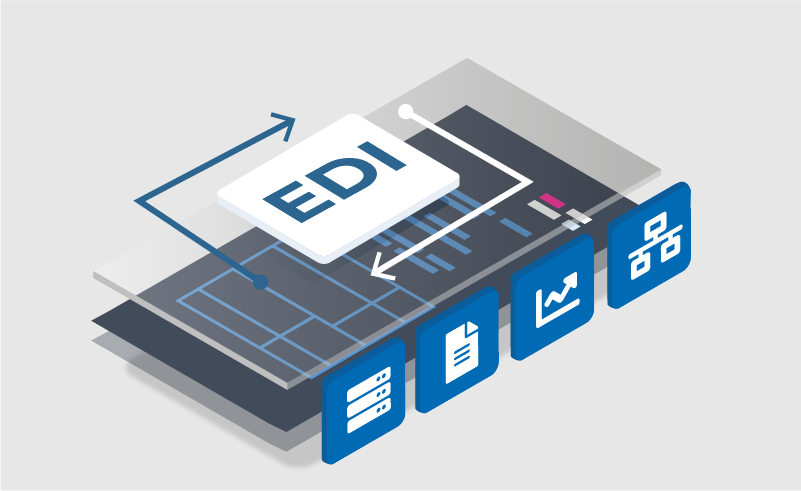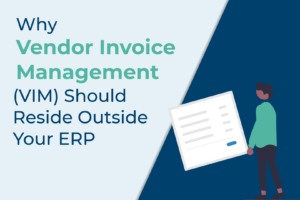EDI has been adopted by businesses across different industries. For auto manufacturers, it has become essential. Exchanging business documents with vendors digitally has become a necessity for original equipment manufacturers (OEMs) to help with minimizing errors, increasing productivity, and ensuring processes run smoothly. Lack of visibility has been a major challenge that EDI has helped resolve. More specifically, 84% of Chief Supply Chain Officers regard it as the biggest challenge faced.
OEMs deal regularly with multiple auto-ancillary and other vendors, which involves large amounts of data and document interchange. If such tasks as exchanging documents/data and providing approvals are done manually, the result could be supply chain delays, data logging errors, and more, resulting in higher expenses.
This can be avoided by digitizing and automating document and data management using EDI capabilities, so that no manual intervention is required. OEM guidelines compel vendors to streamline processes by embracing advanced technologies. However, the auto-ancillary industry is anticipated to pick up steam thanks to new regulatory measures and the adoption of cutting-edge technology.
Data interchange with EDI – The Compleo Way
Due to rising customer demands to maintain the delivery deadlines along with quality, it is mandatory to coordinate with suppliers and vendors in a seamless manner. To overcome the challenges faced in the manual systems, OEMs have started embracing EDI automation for documents/data exchange with their vendors.
There are many different EDI communication methods. EDI integration enables direct communication with trading partners’ systems for IT mature enterprises, whereas Web EDI works for companies with low volumes of documents to send or without their own internal ERP system.
The OEMs who need production materials share their APIs with vendors to directly deposit documents into their ERP systems. This enables them to work at a greater capacity and plan for the future. Just In Time models result in huge cost savings. Compleo Hybrid provides a completely automated digital platform to exchange documents and data between business partners.
Automating ASN, invoice creation, and distribution using EDI
Compleo Hybrid consumes any API and pushes the Advanced Shipping Notice (ASN) details along with metadata. The customer then provides an ASN number to the vendor system. This number is then passed on to the invoice: only then are the goods shipped from the vendor’s premises. This confirms the OEM’s readiness to receive the goods.
This invoice will include all required metadata, including invoice numbers, amounts, and tax information. The invoice is then digitally signed with the help of an HSM card or the available method. Compleo then converts this digitally-signed invoice into the format as per the OEM’s requirement (i.e., hexadecimal). The invoice is then sent to the OEM by pushing the document directly to the company’s SAP or any ERP system.
This entire process is fully automated and eliminates the need to handle repetitive tasks manually. Vendors can send signed documents, receive them at the customer’s end, and transfer them into the system. This entire automation process is done in real time, allowing for faster delivery and payment.
This entire process ensures that there are no hiccups in the supply chain management. With encryption as an option, you can also rest assured that data transmission is secure and tamper-proof.
It is predicted that 35% of automotive plants globally will be called “Smart Factories” by 2025, and EDI plays a major role in this transformation. With Compleo Hybrid, EDI can transform business document transfer methods for greater efficiency.


